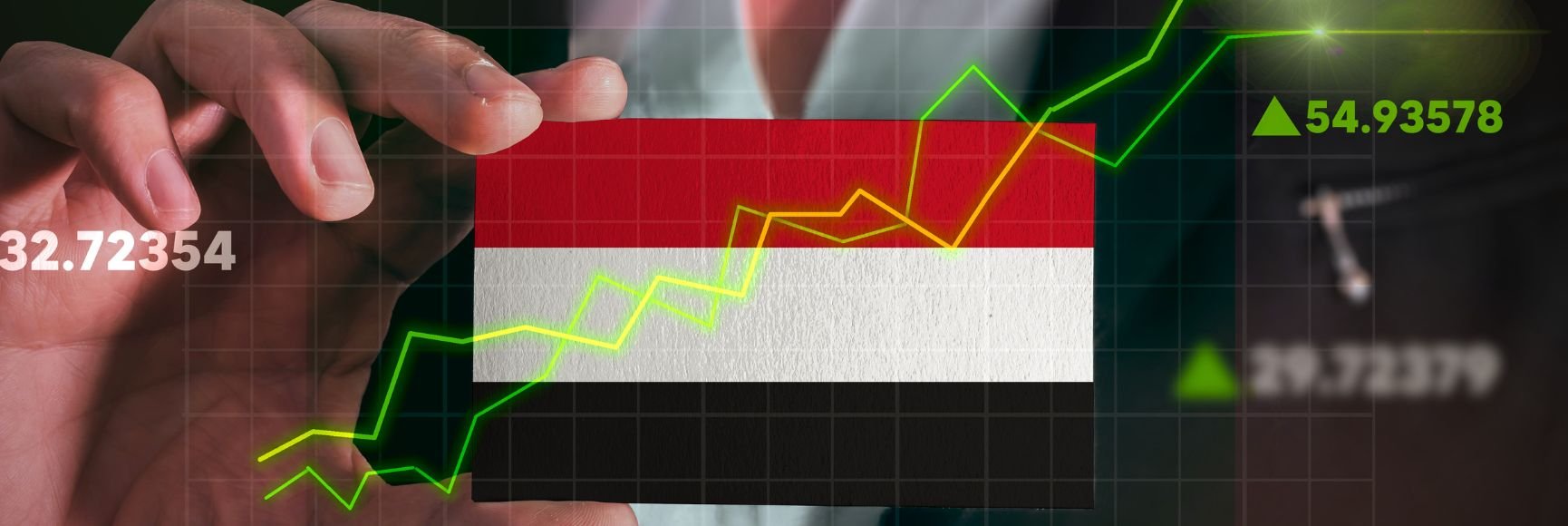Yemen's journey towards strengthening expenditure controls amidst conflict and economic crises is a story of dedicated staff at the Ministry of Finance (MoF) moving forward decisively with incremental steps, while embracing innovation. The conflict-related shift of the capital from Sana to Aden necessitated building fiscal institutions from scratch.
Traditionally, line ministries and local governments could spend resources up to their “financial ceiling” as approved by the budget. This ceiling was a planned amount set at the beginning of the year, not revised according to the level of resources effectively held by the Treasury, which spanned several months. However, in an unstable economic and fiscal environment where oil revenues dominate, this often led to overspending. When cash ran out during the year, the MoF frequently used the overdraft facility at the Central Bank of Yemen, often exceeding established limits, further undermining fiscal discipline.
To address these problems, Yemen's key reform has been to establish reliable expenditure controls, ensuring that the rate of spending aligns with available resources each month—a simple yet far-reaching goal that Yemen’s MoF is tackling. In 2022, two key teams were established to strengthen Yemen's financial management. These teams were the "expenditure control team" and the "cash forecasting team." The expenditure control team developed a Manual on Expenditure Control, creating an approval step for expenditure commitments, aligning them with available resources. At the same time, the team collaborated with three pilot entities (the Ministry of Health, the Ministry of Public Works, and the University of Aden) to test the system and develop new regulations. The pilot ministries also created a basic Excel tool, which evolved over time to help the MoF and line ministries monitor commitments.
Meanwhile, the cash forecasting team focused on the MoF’s ability to forecast cash availability. They rebuilt past budget data, contacted key units like the MoF Revenue and Debt Departments to gather information, and created a basic Excel sheet to track monthly cash inflows and outflows. These steps enabled the MoF to produce its first annual cash forecast, which the team has updated regularly since early 2023.
Building on these foundational efforts, the Cabinet approved a regulation in January 2024 that enshrined the new procedures and gave a mandate to all line ministries to adjust spending within available resources. Under the new rules, the MoF approves quarterly commitments based on projected cash availability, ensuring more disciplined and sustainable financial management. At the end of 2023, this message was further reinforced by the central bank adhering to the overdraft limits, a further important change of procedure.
These achievements are impressive given Yemen's fragile context and the MoF's much reduced staffing levels, down from 1,200 in Aden before the conflict to about 120. Sustained support from the IMF’s Middle East Regional Technical Assistance Center (METAC) and Fiscal Affairs Department (FAD) was crucial to achieve this significant milestone, along with close coordination with USAID’s Economic Development Reform Program and its implementing partner PRAGMA.
Spending within available resources must become a reality, despite the challenging and volatile economic situation. In the coming months, several rounds of training will provide orientation and practical guidance to staff in line ministries on how to apply the new procedures in their daily operations. The Ministry of Finance has a very clear strategy to make this happen. Implementation will first cover all line ministries of the central administration, representing about 70 percent of total public spending. As of January 2025, local governments will be included, covering an additional 30 percent of spending. To facilitate connectivity in areas without internet service, a mobile-phone application is being developed that will allow spending units to exchange financial information with the MoF in a few simple steps. This is another critical piece of the puzzle in the strategic overhaul of public financial management procedures in Yemen.
Note:
This article has benefitted from the contributions of the following individuals. From the Yemen side: Sami Mohammed Abdullah Badih (Head of the Expenditure Control Team), Manal Ali Asaad Abdulkhaleq (Assistant of the Expenditure Control Team). From the IMF side: Alok Verma, Senior Economist, FAD; Farah Khamash, (former) Economist, Yemen Country Team.




